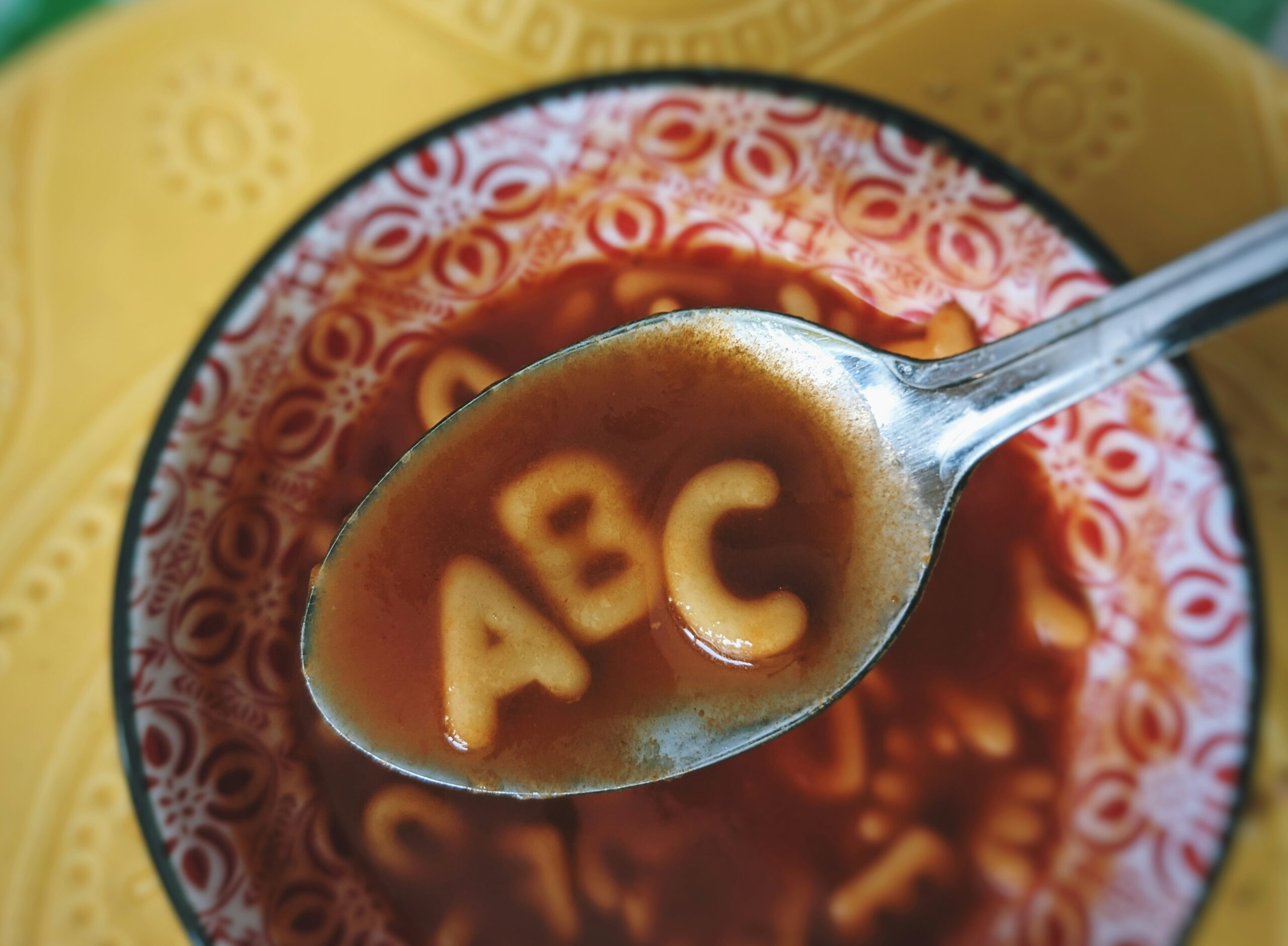
It may seem like going back to elementary school. But don’t worry we’re not going to sing the actual Alphabet song. As with many of the DBT Skills, this ABC is an acronym for 3 specific and independent skills: Accumulate Positives, Build Mastery, and Cope Ahead.
My favorite way to review and practice this skill is by making LISTS. Are you a list maker? It can be a real comfort for those with ADHD, BPD, or OCD… and in my case – Major Depressive Disorder. Join me on this brief journey through the ABCs.
Accumulate Positives
Although this is super easy to say; it is a little more difficult to accomplish without a bit of planning. Why? You may ask. Have you ever felt horrible and said “Gee, I need to accumulate some positives.”? Probably not! I certainly have felt sad and thought “What sounds interesting that might bring me joy?”… only to think that there is nothing that will bring me joy in that moment (That’s anhedonia – the inability to feel pleasure). So I like to describe how Accumulate Positives and Build Mastery benefit from Cope Ahead.
When you are in a good mood, and willing to review and practice skills; Write lists of activities that bring you joy! I have a “bucket list” of free and low-cost activities which are always available. Yours will look different than mine, of course. For your list of Accumulate Positives consider the environment, location, cost, people involved, and ease of participation. Include outdoor activities (increasing Vitamin D from sunshine, or peaceful moonlight), free activities (anxiety of finances could be an obstacle), close activities (traveling far might prevent you from adventure), activities with someone or alone (it isn’t always possible to be with someone, so options that can be independent are helpful). The more easily accessible your list of pleasurable activities, the more likely you will utilize the list!
Build Mastery
There are so many things that could be a hobby, interest, or skill that you might improve through intentional practice. I love wood working, crafting, and creating new things. Music, cooking, poetry, art, public speaking, sculpture, podcasting, marathon training… What will you put on your list? Building Mastery is about choosing an activity that involves skill (sometimes talent helps too). When you engage in these activities, your goal is to improve the outcome of the activity itself. For example: tennis. Independently you can practice your serve, improve, and feel accomplished. The skill of your tennis serve is not the only improvement you made. The benefits include physical exercise (TIPP Skill), Distraction, Validation, and Emotion Regulation – all while you were focused on Building Mastery of a single skill.
Cope Ahead
Have you noticed that making lists of Pleasurable Activities, and skills you might use for Building Mastery is the embodiment of Cope Ahead? Preparing for the possibility of an anticipated triggering situation is at the heart of Cope Ahead. This can look very different for each person, and is only limited by your imagination. The examples in this article were about making lists. Cope Ahead can also be a literal treasure box of Soothing items to use for Self-Soothe. It could be playlists on your favorite streaming service: a playlist for sadness, loneliness, rough days, or celebration! Remember that the skills are helpful for many different extreme emotions. Mania, happiness, and celebrations are often emotions worthy of DBT Skills too. The DBT Skills are not only for Debbie Downer days.
The ABC’s of DBT can be a real advantage in your toolbox. Take a few moments to Cope Ahead by making your lists of possibilities. Possibilities lead to hope. Hope leads to your Life Worth Living.
About the Author
If you enjoyed this post, consider visiting www.DBTTunedIn.com, a website designed to provide additional resources for reviewing, practicing, and learning the DBT Skills. It combines games, activities, flashcards, and many other options currently in development. It is a membership site, and it’s FREE. Article written by Stephen King, MMT, MT-BC, Certified DBT-Informed, Board Certified Music Therapist.
0 Comments